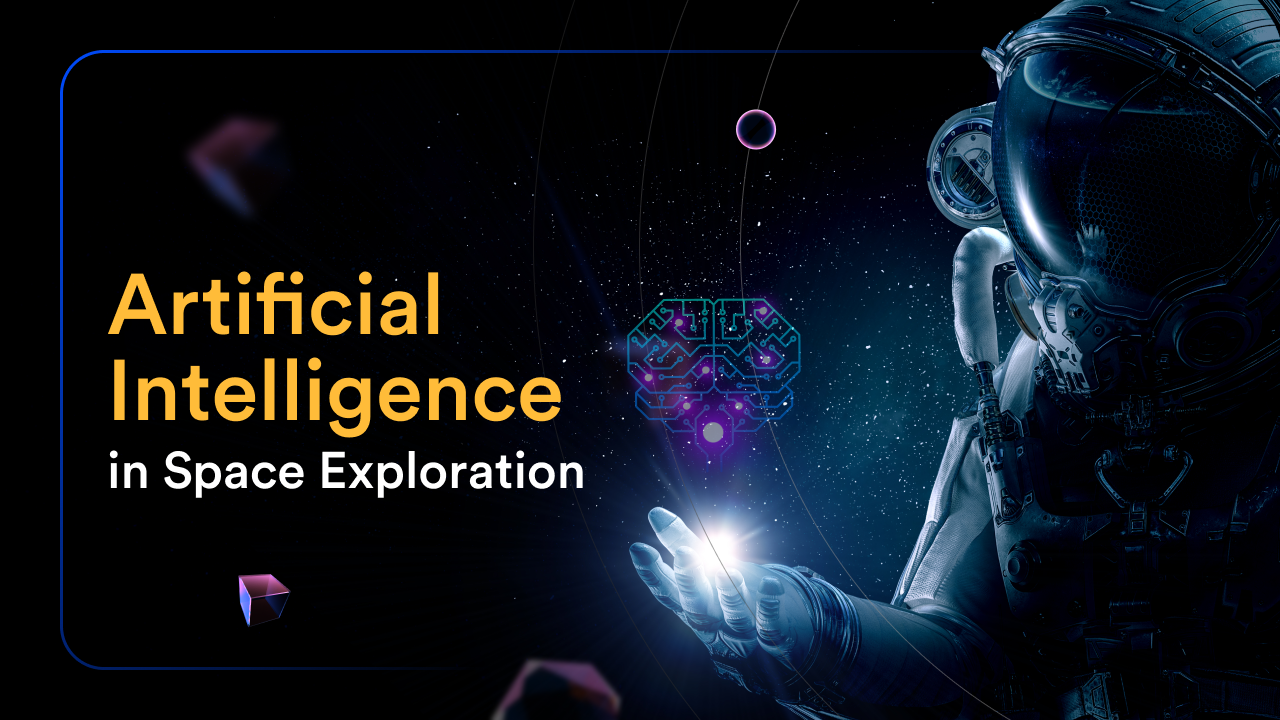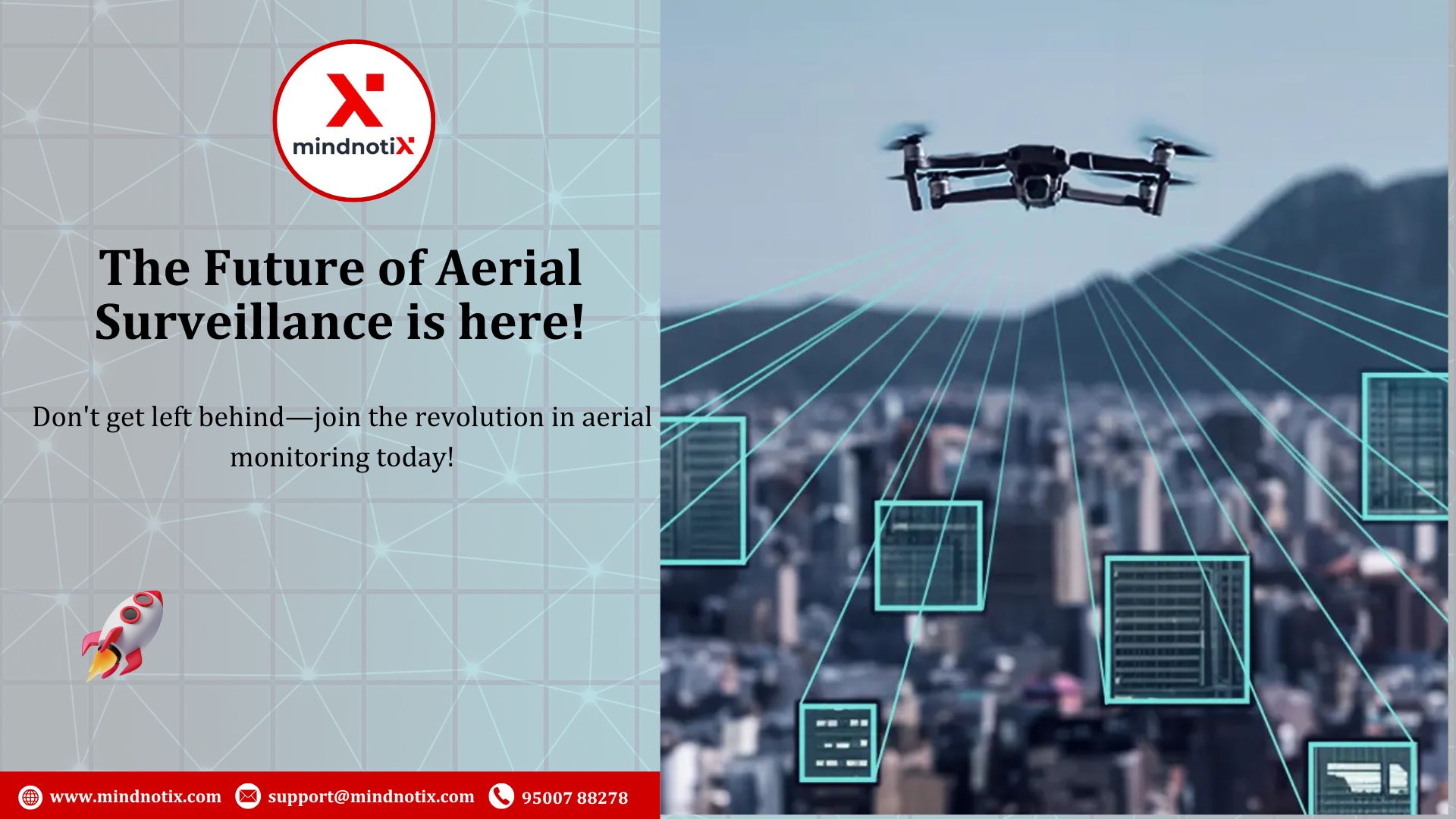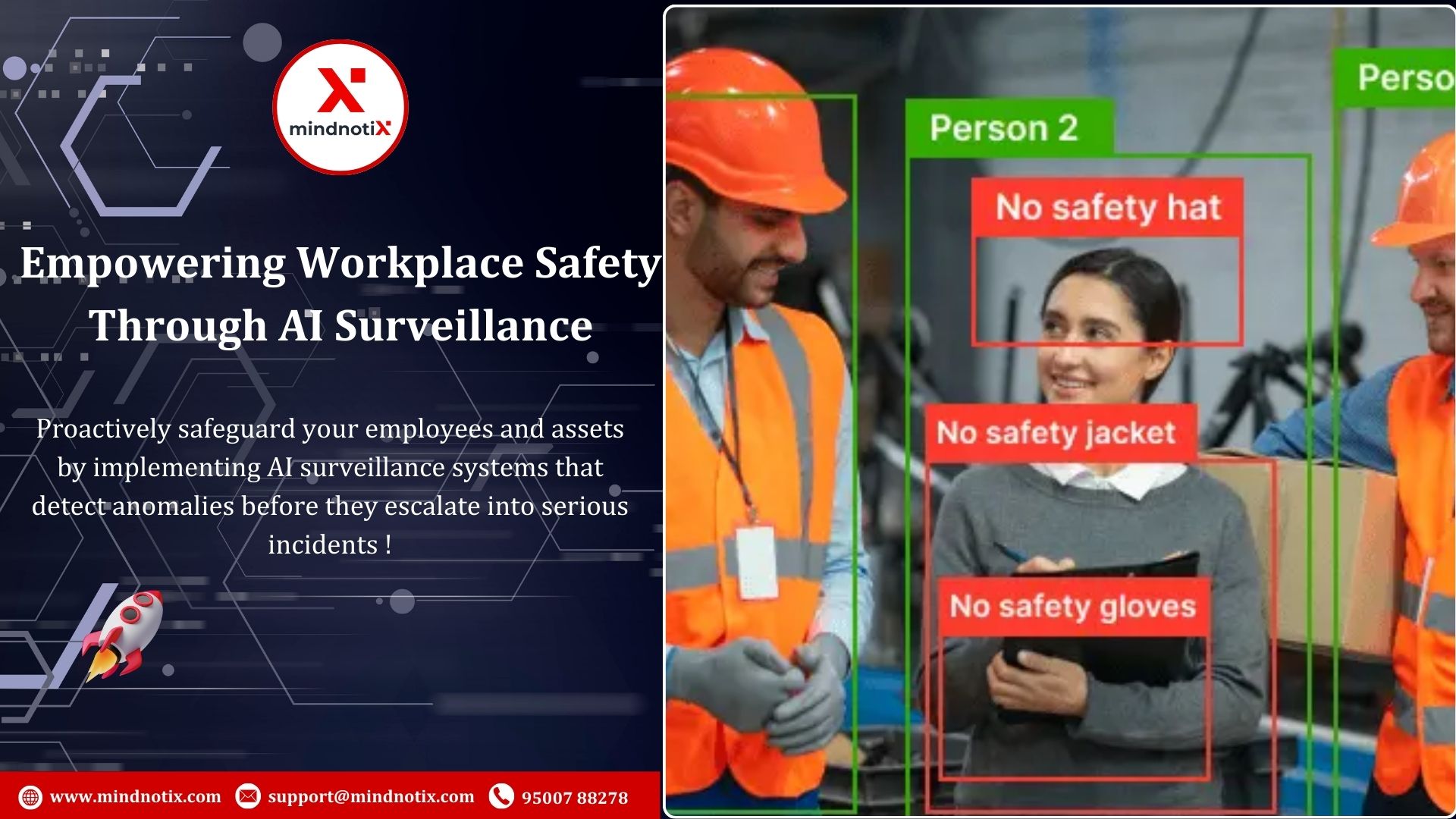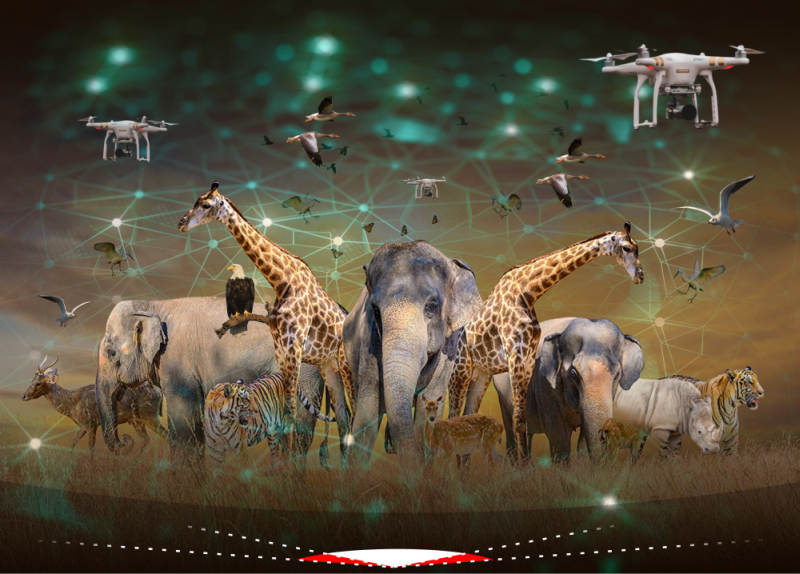For millennia, humanity has looked skyward, mesmerized by the infinite mysteries of space. Yet, venturing beyond our planet presents immense challenges. The sheer distances involved, the harsh environment, and the complexities of maintaining technology millions of kilometers away pose significant obstacles.
However, a new dawn is approaching, powered by the transformative potential of Artificial Intelligence (AI). AI has the potential to revolutionize space exploration, making it more efficient, cost-effective, and safer. This blog post will delve into two exciting possibilities fueled by AI: building self-repairing satellites and mining asteroids.
The vast expanse of space has always held an irresistible allure for humanity. But venturing beyond our planet comes with immense challenges. However, Artificial Intelligence (AI) is poised to revolutionize space exploration, making it more efficient, cost-effective, and safer. In this blog post, we'll explore two exciting possibilities: building self-repairing satellites and mining asteroids, both powered by AI.
Self-Healing Guardians: The Rise of AI-powered Satellites
Satellites are our eyes and ears in space, providing crucial data for navigation, communication, and scientific research. However, maintaining these marvels of technology millions of kilometers away is a complex and expensive task. Enter AI, with its potential to create a new generation of self-repairing satellites.
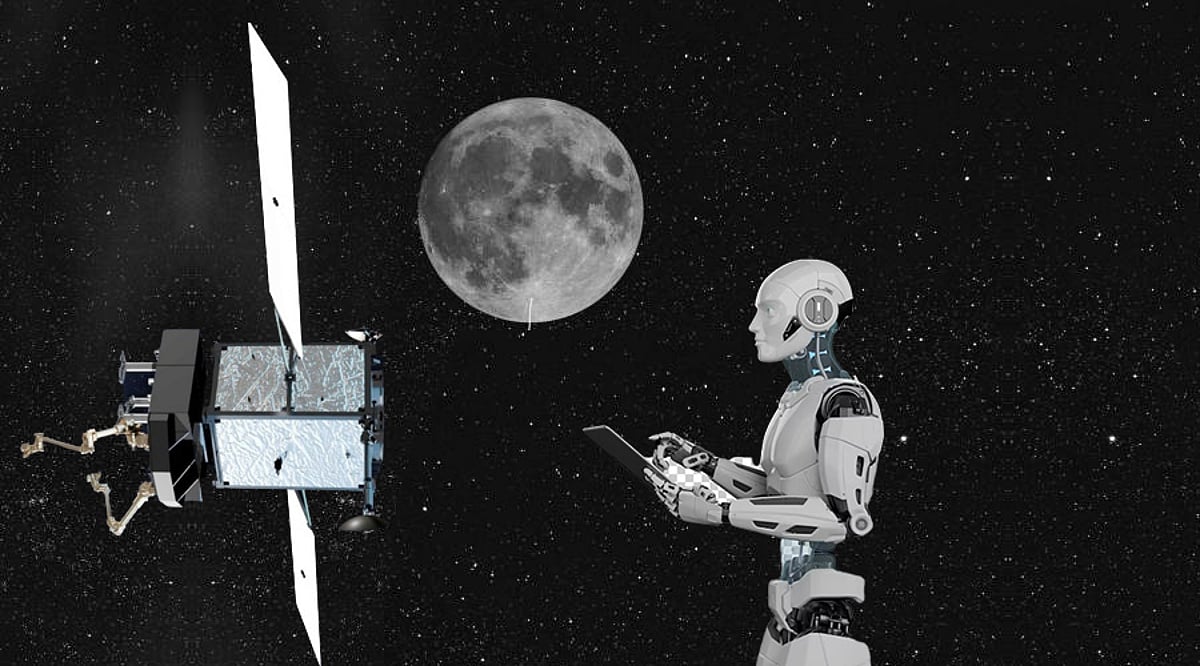
- Guardians of their own health: AI can continuously monitor a satellite's systems, analyzing sensor data to detect anomalies or predict potential failures.
- Diagnosing the problem: Imagine an AI that can pinpoint the root cause of the issue, identifying if it's a software glitch or a hardware malfunction.
- The Doctor is In (AI!): Equipped with robotic arms and pre-programmed repair procedures, AI could fix minor problems or even replace faulty components. This would significantly reduce reliance on risky and expensive human intervention by astronauts.
The benefits of self-repairing satellites are numerous:
- Cost savings: By extending their lifespan and reducing the need for replacements, AI can bring down the overall cost of space missions.
- Optimal performance: Satellites can maintain peak performance for longer durations, ensuring the continuity of critical data collection.
- Reduced Risk: Astronauts wouldn't need to perform dangerous spacewalks for repairs, minimizing the risk of human error and accidents.
AI-powered Mining: Unveiling the Treasures of Asteroids
Asteroids, celestial wanderers leftover from the formation of our solar system, are treasure troves of valuable resources like platinum, nickel, and iron. However, the immense distances involved make traditional mining impractical. This is where AI can play a stellar role:
- Prospecting for Riches: AI algorithms can analyze data from telescopes and space probes to identify asteroids with high concentrations of valuable materials.
- Charting the Course: AI can plan efficient trajectories for mining spacecraft, navigating them autonomously through the vast emptiness of space.
- Extracting the Bounty: AI-controlled robots could land on asteroids, precisely extract the desired materials, and process them for transportation back to Earth.
The potential benefits of asteroid mining are significant:
- A New Frontier of Resources: Asteroids could provide a virtually limitless supply of materials for future technologies, reducing dependence on Earth's finite resources.
- Fueling Exploration: The resources obtained could be used to build new spacecraft and deep space habitats, propelling us further into the cosmos.
- Economic Opportunities: Asteroid mining has the potential to create new industries and economic opportunities on a global scale.
Challenges and Considerations
While the future of AI-powered space exploration is bright, there are challenges to address:
- Developing robust AI systems: Space is a harsh environment with extreme temperatures and radiation. AI systems need to be reliable and function flawlessly under these conditions.
- Safety and Security: Ensuring the safety and security of AI-controlled spacecraft is paramount to avoid potential collisions or malfunctions.
- Ethical Considerations: Asteroid mining raises ethical questions about the potential environmental impact and the need for responsible resource management.
Conclusion: A New Era of Exploration Dawns
The future of space exploration is brimming with possibilities thanks to advancements in AI. From self-repairing satellites keeping a watchful eye on Earth to AI-powered mining missions unlocking the riches of asteroids, AI is poised to be a game-changer. As we continue to develop this powerful technology, the vast expanse of space awaits, ready to be explored with unprecedented efficiency, safety, and potentially, boundless resources. This is just the beginning of a new era of intelligent space exploration, and AI is at the forefront, guiding us towards a stellar future.
For more information contact : support@mindnotix.com
Mindnotix Software Development Company


 AI-Taxi App
AI-Taxi App AI-Food App
AI-Food App AI-Property Mgmt App
AI-Property Mgmt App AI-CRM
AI-CRM AI-Fantasy App
AI-Fantasy App
 Web Development
Web Development App Development
App Development Business & Startup
Business & Startup Hire Developer
Hire Developer
 Digital Marketing
Digital Marketing Lead-generation
Lead-generation Creative Agency
Creative Agency Branding Agency
Branding Agency Augmented Reality
Augmented Reality Virtual Reality
Virtual Reality Internet of Things
Internet of Things Artificial Intelligence
Artificial Intelligence Blockchain
Blockchain Chatbot
Chatbot